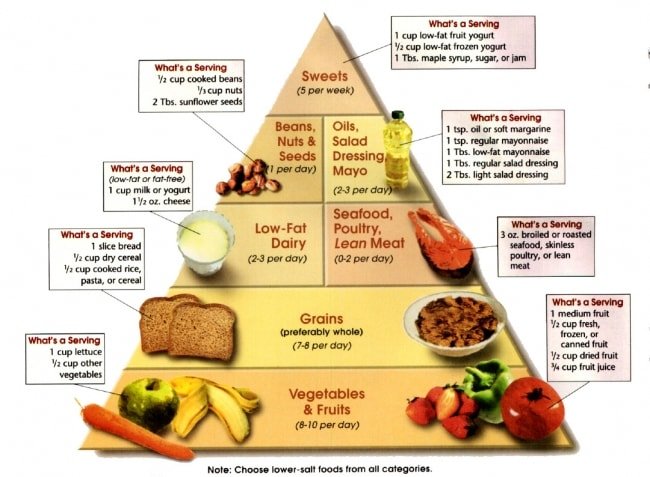All About The Diabetic Diet and Why It Is So Important
Your daily food selection is very important to your health if you are living with diabetes. This is because it is essential towards the management of diabetes and they determine your energy levels and overall well being.
A diabetic diet involves eating healthy foods in moderate portions at regular meal times to help in controlling your blood sugar. The diabetic diet includes foods that are low in calories and fats and rich in nutrients. The main components include whole-grains, vegetables, and fruits, making a diabetic diet perfect for almost everyone.
The purpose of a diabetic diet
This diet will help you regulate heart disease risk factors such as high blood fats, and high blood pressure, it will help you with weight management and most importantly, blood glucose regulation.
What does it entail?
A diabetic diet includes three regularly timed meals a day to help the body utilize the insulin produced or obtained through medication. If you visit a registered dietitian, they will help you compose a diet depending on your lifestyle, tastes, and health goals. They will also help you correct your eating habits by selecting portion sizes suited to your activity levels and size.

Foods in the Diabetic Diet
a) Fish- You should have heart-healthy fish every week at least twice. Fish is an ideal alternative option to high-fat meats. Fish has plenty of omega-3 fatty acids that enhance heart health by reducing blood fats or triglycerides. Examples of such fish include bluefish, sardines, tuna, mackerel, and salmon. Halibut, tuna, and cod also have less cholesterol, saturated fat, and total fat content compared to poultry and meat. Stay away from fish such as king mackerel, swordfish, and tilefish, as they have a lot of mercury.
b) Dietary fiber- This comprises of plant food parts that cannot be absorbed or digested by the body. Fiber regulates how the body digests food and it helps in moderating blood glucose levels. Fiber-rich foods include wheat bran, whole-wheat flour, legumes, nuts, fruits, and vegetables.
c) Healthy fats- Foods with polyunsaturated and monounsaturated fats will help you reduce cholesterol levels. These foods include peanut oils, olive, canola, olives, walnuts, pecans, almonds, and avocados.
d) Healthy carbohydrates- Simple carbohydrates (sugars) and complex carbohydrates (starches) are broken down into blood glucose during digestion. You need to concentrate on healthy carbohydrate options such as low-fat dairy products, legumes such as lentils, peas, or beans, whole grains, vegetables, and fruits.
Foods to eliminate from your diet
Diabetes increases the risk of stroke and heart disease by advancing the development of hardened arteries and clogged arteries. These food components can work against your achievements with a heart-healthy diet.
a) Sodium- Your diet should include less than 2300 mg daily of sodium but you should aim for a daily intake of 1500 mg sodium if you have hypertension.
b) Cholesterol- 200mg of cholesterol daily is more than enough and sources including organ meats like liver, egg yolks, animal proteins high in fat and high fat dairy.
c) Trans fats- Found in stick margarines, shortening, baked goods, and processed items
d) Saturated fats- found in animal proteins like bacon, sausage, hot dogs or beef, and in High-fat dairy products.


This post has been ranked within the top 50 most undervalued posts in the first half of Jul 11. We estimate that this post is undervalued by $18.30 as compared to a scenario in which every voter had an equal say.
See the full rankings and details in The Daily Tribune: Jul 11 - Part I. You can also read about some of our methodology, data analysis and technical details in our initial post.
If you are the author and would prefer not to receive these comments, simply reply "Stop" to this comment.